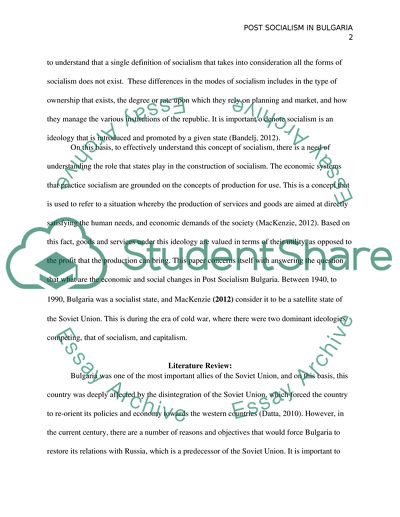Cite this document
(“Social and Economic Changes in Post-socialist Cities Essay”, n.d.)
Social and Economic Changes in Post-socialist Cities Essay. Retrieved from https://studentshare.org/social-science/1639126-social-and-economic-changes-in-post-socialist-cities
Social and Economic Changes in Post-socialist Cities Essay. Retrieved from https://studentshare.org/social-science/1639126-social-and-economic-changes-in-post-socialist-cities
(Social and Economic Changes in Post-Socialist Cities Essay)
Social and Economic Changes in Post-Socialist Cities Essay. https://studentshare.org/social-science/1639126-social-and-economic-changes-in-post-socialist-cities.
Social and Economic Changes in Post-Socialist Cities Essay. https://studentshare.org/social-science/1639126-social-and-economic-changes-in-post-socialist-cities.
“Social and Economic Changes in Post-Socialist Cities Essay”, n.d. https://studentshare.org/social-science/1639126-social-and-economic-changes-in-post-socialist-cities.


